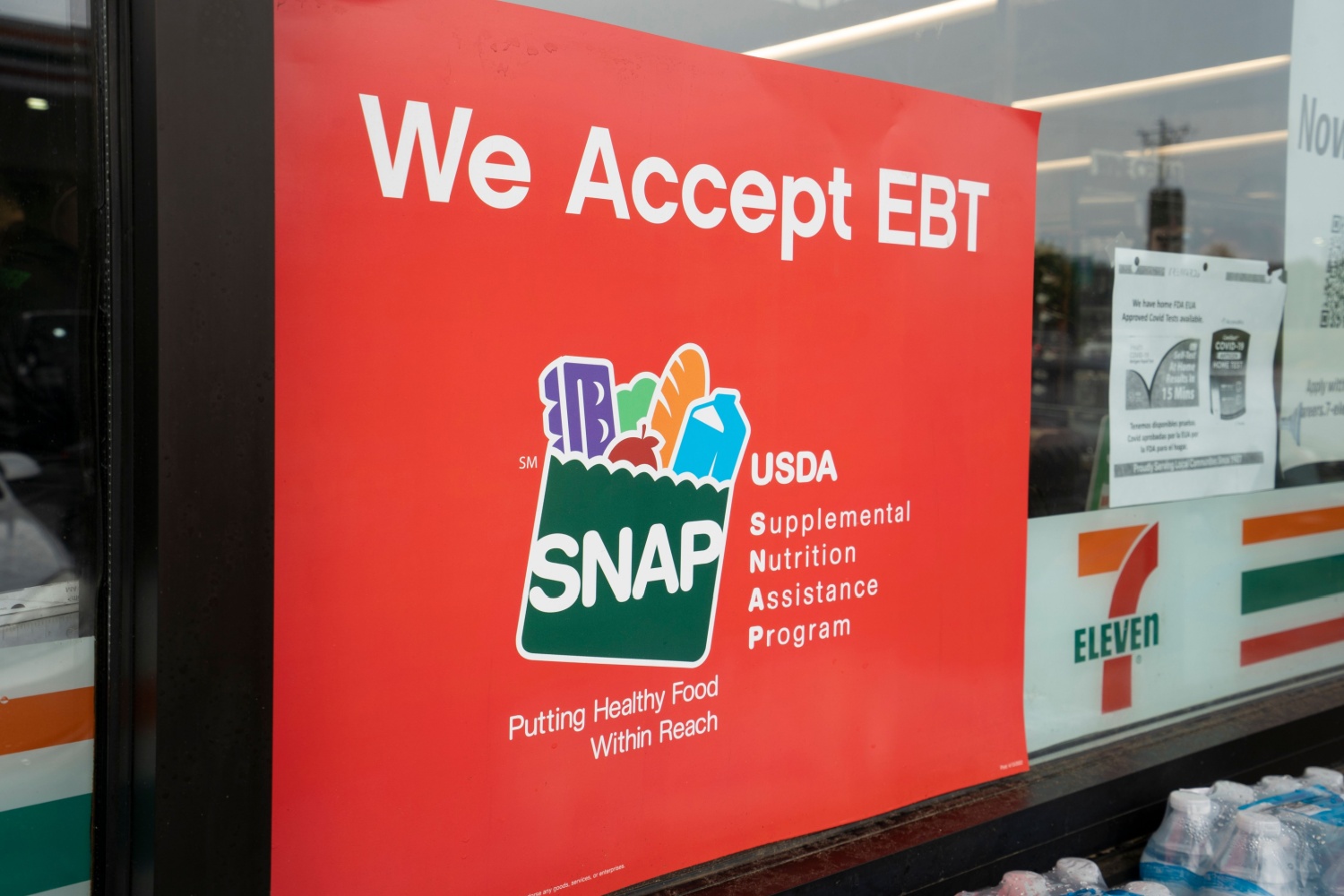(Washington, D.C., April 17, 2025)—Today, the U.S. Department of Agriculture issued a memorandum to all state agencies administering the Supplemental Nutrition Assistance Program (SNAP) making it clear states must ensure SNAP benefits are provided with an expectation that those who can work, do.
“Since my confirmation, I have reiterated the states are our partners, and this includes ensuring our nutrition programs are tied to putting Americans back to work,” said Secretary Rollins. “It is important to remind states that Congress conditioned the receipt of benefits by able-bodied adults without dependents on satisfying work requirements. Many states have abused the system by requesting work requirement waivers. Today marks the start of a new era for SNAP—prioritizing work, career and technical education, and volunteering rather than idleness, excess spending, and misapplication of the law.”
In June 2023, the Fiscal Responsibility Act of 2023 amended the Food and Nutrition Act of 2008 (the Act) to include in the Supplemental Nutrition Assistance Program’s (SNAP) purpose statement that it “assist low-income adults in obtaining employment and increasing their earnings.” This pivotal legislation reaffirmed efforts to reduce dependency on public assistance programs and increase self-sufficiency.
Today’s memorandum reiterates these fundamental objectives and their interaction with the Secretary of Agriculture’s authority to grant State SNAP agencies requests to waive the time limit on receiving SNAP benefits by Able Bodied Adults Without Dependents (ABAWDs) who do not meet statutory work requirements. Section 6(o)(4) of the Act explicitly allows the Secretary sole discretion to grant an ABAWD waiver request when the Secretary determines that the area has an unemployment rate of over 10% or does not have sufficient jobs to provide employment for ABAWDs. Congress conditioned the receipt of benefits by ABAWDs on satisfying work requirements when it passed the Personal Responsibility, Work, and Opportunity Reconciliation Act of 1996 (PRWORA, Pub. L. No. 104-193). The text and structure of the statute reveals a clear purpose to reduce dependence on public assistance programs and to support self-sufficiency. Congress also allowed the Secretary discretion to approve waivers of the ABAWD work requirement in specific circumstances outlined in Section 6(o)(4).
As we partner to lift Americans out of dependency and into hopeful futures, FNS affirms its commitment to consult with State agencies during the waiver review process and provide technical assistance to ensure ABAWD waivers are only utilized when consistent with the Act and protect the integrity of SNAP to the greatest extent.
Additionally, FNS will review the effectiveness of current regulatory authorities to effectuate statutory requirements and the Secretary’s discretion, all under the overarching principles articulated by Secretary Rollins.


